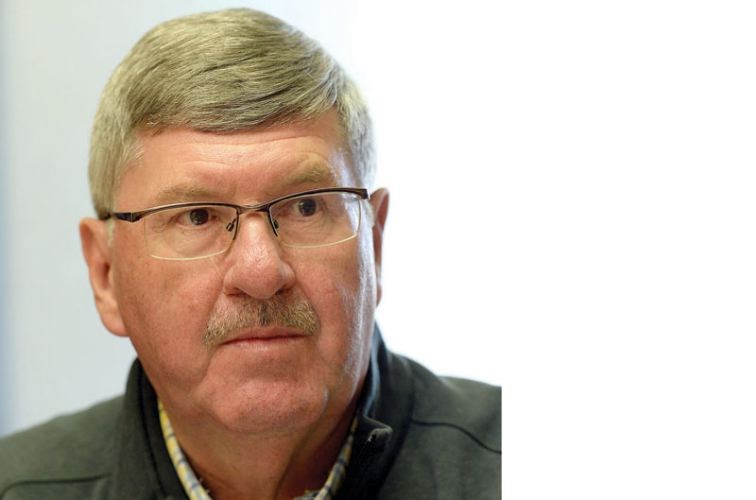School District 57 is considering a $100 per student fee for school bus riders in an effort to find money to fulfill the province's two-year administrative savings mandate announced last February.
The fee could raise $263,000 for the district, plus an additional $75,000 in route changes. Families would pay a maximum of $300.
Chairperson Tony Cable said the district has to find the money from somewhere.
"The government talked about low hanging fruit in districts and easy cuts, but I definitely can't see that happening," said Cable in reference to Premier Christy Clark's comments last February when she announced the cuts.
"Any cuts we make are going to be tough ones and they're all going to have impacts on students in the school," said Cable, adding the district's secretary treasurer is looking for other solutions.
"If we can't find it by instituting a fee for bussing then we'll have to find it in other areas."
That worries Sarah Holland, president of the District Parent Advisory Council.
"My concern is where are they going to get that money from? What other cuts might there be that might affect parents, families or students much more," she said. "I don't think there's any good choices in here. I think what we're looking for is least bad choices."
Holland said the recommendation, set to appear before the budget committee before the board makes a decision, won't be popular with some parents.
"There are a wide range of reactions. There's certainly going to be a very strong anti-reaction."
Another key concern rests in consultation. Holland has yet to hear of a date set for public input.
Last year, the district had some flexibility to pull from surplus to save the mandated $727,000, but this year that's not allowed, said trustee Brenda Hooker, former chair of the management and finance committee.
"In the second year, the Ministry (of Education) mandated that we either raise our income or we cut expenses in order to find those savings," said Hooker, adding the district has already reduced staffing levels.
"The administrative savings are putting additional pressure on our budget and causing us to look at things like the transportation fees and those other things that are wholly unpopular with parents and students."
This year, Hooker expects the board will have to pull about $700,000 from the surplus at a district level.
"As trustee (Tim) Bennett pointed out (Tuesday) night that's about the same amount in the administrative savings that we're expected to find that was decreed by the government."
Hooker said the board is projecting the surplus will sit at about $6 million at the end of the year. The district ended up with 145 students more than projected at last year's budget, meaning a slight increase in full-time student funding, but still not enough to put much of a bump in district revenue.
While in-school spending has stayed in the black, the district keeps bleeding red year after year.
"Every year we've been dipping into our surplus just to maintain the same level of operations," Hooker said.
Holland compared the potential transportation revenue (which she said would account for 0.2 per cent of the board's annual budget of about $140 million) to "checking the sofa cushions for spare change," in a statement prepared for Tuesday night's board meeting.
For some parents, $100 is a heavy load.
"This fee would have a much greater impact on individual families, than it will on the school district budget. It would also likely further promote the inequities between our rural and urban populations, by making it more costly for our remote and rural parents to access public education," said Holland's statement to the board.
Hooker characterized the decision before trustees as "a struggle."
"Always decisions are difficult as a trustee but you have to make the best governance decision for the district as a whole," she said.
"It's a challenge because you're balancing the needs of the urban community and the rural community and all the students and trying to find the best ways to allocate our budget and to use those dollars."



